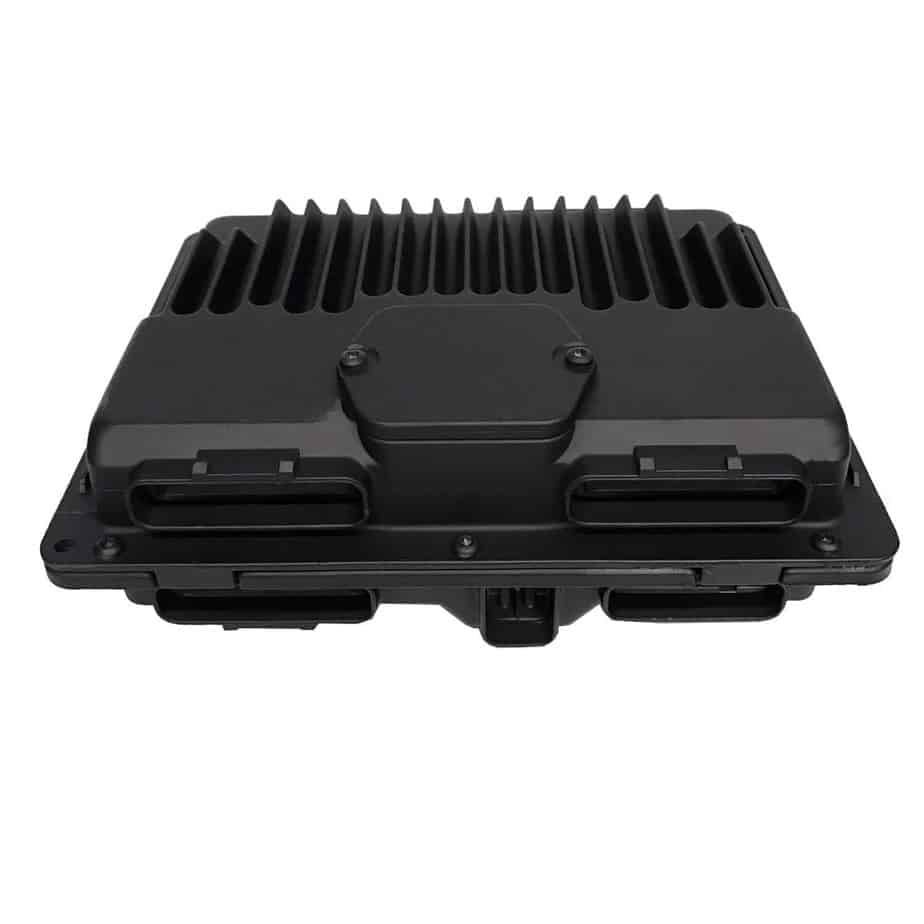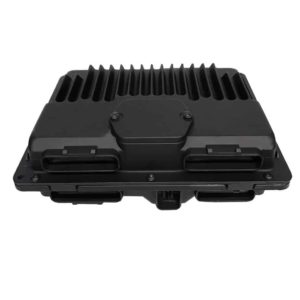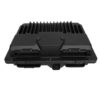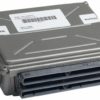Is Your GM Truck or Van Running Rough? It Might Be The Brains of the Operation.
If you’re behind the wheel of a 1999-2000 GMC Yukon, Chevy Tahoe, or one of the many other GM vehicles from that era, you know they’re built tough. But when the Powertrain Control Module (PCM) starts to fail, even the toughest truck can feel like it’s on its last legs. As a mechanic with over two decades of experience, I’ve seen countless of these vehicles come into the shop with symptoms that leave owners scratching their heads: unpredictable stalling, a check engine light that won’t go away, harsh shifting, or a frustrating no-start condition.
The PCM is the central computer for your engine and transmission. It controls everything from fuel injection and spark timing to transmission shift points. Over time, the constant heat cycles under the hood and vibrations from the road can cause internal circuits and solder joints to fail. This leads to the erratic behavior that’s driving you crazy.
A Technician’s Real-World Experience
“A customer’s ’99 Yukon Denali came in last week with these exact symptoms. It would die at stoplights intermittently, and the transmission would sometimes slam into gear. He had already replaced the fuel pump and a few sensors with no luck. After connecting my scan tool, I noticed erratic data from the PCM and communication dropouts. We swapped in one of these pre-programmed modules, performed the security relearn, and the truck ran like it just rolled off the showroom floor. It’s a common failure point I’ve diagnosed hundreds of times on these specific GM platforms.”
The Right Part, Programmed The Right Way
This isn’t just a generic, off-the-shelf computer. This is a direct-fit replacement Powertrain Control Module for a wide range of GM vehicles, compatible with part numbers like 16263494 and 21811787. The most critical part of the process is what we do before it ever ships to you. We take your vehicle’s unique 17-digit Vehicle Identification Number (VIN) and flash the module with the latest, most stable software updates directly from GM. This ensures all the specific calibrations for your engine, transmission, and factory options are loaded correctly.
Why is this so important? A PCM from a 5.7L Tahoe won’t work correctly in a 4.3L S10 without the proper programming. Our VIN-specific flashing process eliminates the guesswork and the need for an expensive trip to the dealership for programming. It makes the installation process as close to plug-and-play as possible.
Symptoms of a Failing 1999-2000 GM PCM:
- ✔ Unexplained stalling or engine shutting off while driving
- ✔ Harsh or erratic automatic transmission shifting
- ✔ Failure to start, even with a good battery and starter
- ✔ Check Engine Light (CEL) is on with various communication or sensor codes
- ✔ Poor fuel economy and engine performance
- ✔ Misfire codes that don’t resolve after replacing plugs and wires
Installation and Verification
Before ordering, we strongly recommend you verify the part number on your vehicle’s original module. On most trucks like the Yukon, Tahoe, and pickups, you’ll find it on the driver’s side of the engine compartment. On vans like the Express and Savana, it’s often in the rear of the engine compartment. Matching the service number (e.g., 16263494) is the best way to guarantee compatibility.
Once you receive your pre-programmed module, the physical swap is straightforward. Remember to disconnect the battery first! After installation, you will need to perform a simple security relearn procedure (often called a CASE relearn or Passlock relearn), which can typically be done without special tools and takes about 30 minutes. This syncs the new PCM to your vehicle’s anti-theft system. This final step is essential for the vehicle to start and run with the new module.



